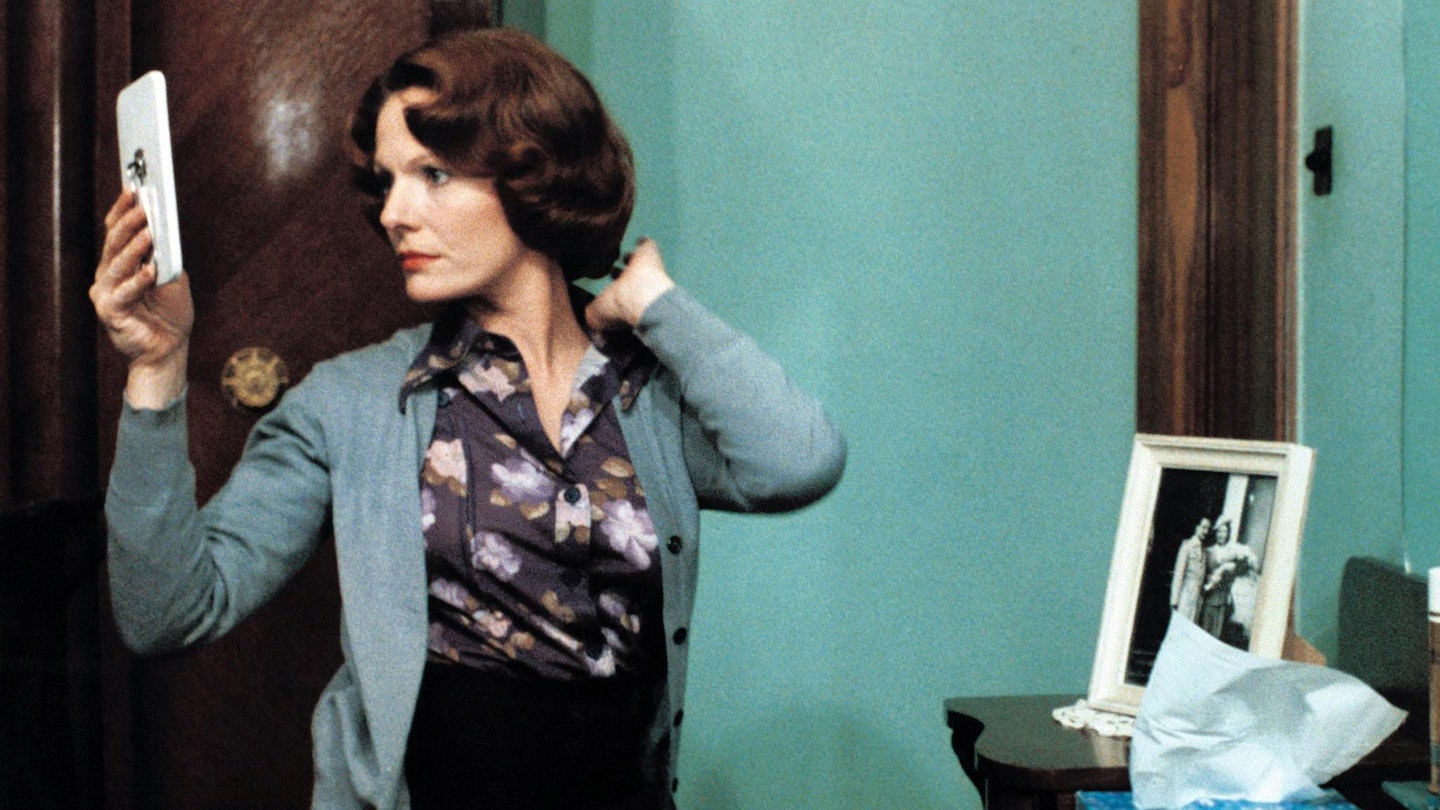Chantal Akerman was just 25 when she began making this avant-garde masterpiece. Abandoning her original screenplay, she completed the 200-minute film in just five weeks at a cost of $120,000. She worked with an all-woman crew and later confessed to finding this an unsatisfying experience, although cinematographer Babette Mangolte became a regular collaborator and her inobtrusive observational style gives the audacious imagery its power and compulsion.
The storyline of this disquieting study of alienated monotony, suppressed emotion and social marginalisation is deceptively simple. Widow Jeanne Dielman devotes her mornings to running errands and performing chores around her meticulously maintained Brussels home. The camera maintains a discreet distance as it records her activities with unblinking fascination and refuses to pry as she services her daily gentleman caller. However, it resumes its vigil as she bathes and prepares the evening meal for her teenage son, Sylvain.
But, her routine doesn't run quite as smoothly on the second day and by the third, editor Patricia Canino has begun to shorten the sequences to convey Jeanne's growing distraction as she wakes too early, finds shops closed and her coffee stale, and fails to stop her neighbour's baby from crying. However, none of this prepares us for the shocking conclusion, in which Jeanne stabs her client with a pair of scissors to punish him for bringing her to orgasm.
The film contains little dialogue and no narratorial justification. Yet, the sounds of domesticity provide an ominous soundtrack to Delphine Seyrig's supremely judged depiction of ordered ennui and eroding detachment, in which her manner of inhabiting space matters more than her conduct of activity (e.g. her seeming decapitation as she answers the door and her laceration by shafts of light as she rides in the lift).
Dedicated to Akerman's mother and designed to secure respect for the housewife's vocation, this is a mesmerising piece of rhythmical film-making that's as courageously experimental as anything produced in the history of the avant garde.
